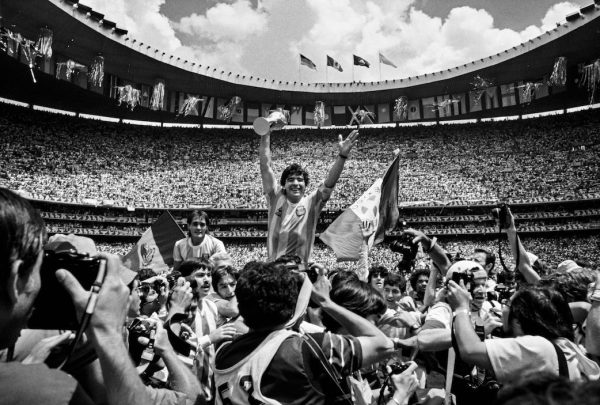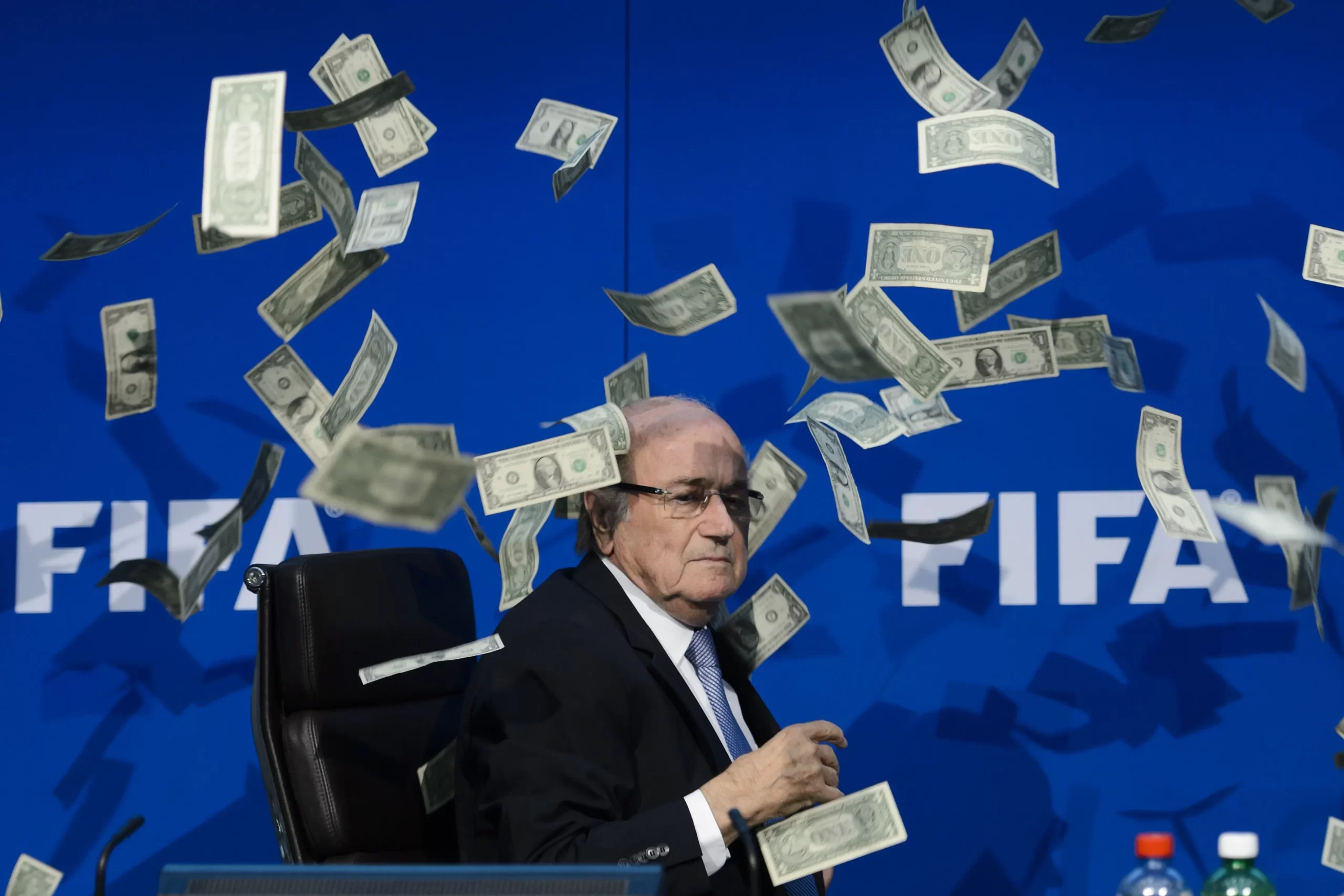“The World Cup is the language of the world. It removes all obstacles and boundaries,” Tony Waiters, a former professional footballer, once said. Every four years, fans around the world gather together to watch their countries play in the FIFA (Federation Internationale Football Association) World Cup, the world’s biggest sporting event. Founded in 1930, the World Cup has been a historic tournament that has brought joys and tears to billions around the world. It has witnessed the rise and fall of nations, the debut of new football stars, and the dynamics of the beautiful game. But FIFA, the main body in charge of operating the World Cup, seems to have recently shifted its focus on the tournament. Once known to be full with the pinnacle of passion, FIFA is shifting the World Cup to being merely an event to maximize its own revenue and commercialization with corporate sponsors.
Recently, FIFA made a shocking announcement that the 2030 World Cup is set to be played in six countries and three continents. From this unusual change to the traditional format of the tournament, three South American countries—Argentina, Paraguay, and Uruguay—will each host an opening match and travel for the rest of the tournament to play in Spain, Portugal, and Morocco.
FIFA reasons that it has planned the tournament this way to “unite the world in unique global celebration” in the World Cup’s 100th anniversary. However, this is all a false illusion from the organization. By sharing the 2030 World Cup among three continents, FIFA is causing numerous complexities.
To begin, the inclusion of numerous countries has narrowed the number of nations available to bid for the next 2034 World Cup. This led the way for Saudi Arabia, a country with billions to spend, to win its rights to host the next World Cup. Yasser Al Missehal, president of the Saudi Arabian Football Federation (SAFF), openly stated, “We [Saudi Arabia] are extremely committed to presenting the most competitive bid possible.”
More complications follow for the 2026 World Cup, which will be hosted by the United States, Mexico, and Canada. The 2026 World Cup will be expanded to 48 countries (instead of the traditional 36), marking the first time the tournament has hosted this many national teams. Some may believe that this is an inclusion to more players representing their nations on the pitch. However, this excessive size, as well as the strictness of FIFA’s requirements, ultimately means that fewer nations will be capable of staging the event. In other words, FIFA only wants host the richest and most valuable countries to solely benefit its revenues.
There are so many more complexities that will follow for players, managers, and fans. How will fans travel around six continents to support their nations? What if they are restricted to entering certain countries? The same problem applies to players. The players will be forced to travel for hours on planes during the tournament. How will this affect their state of mind? When will the players and coaches get rest? There are so many questions that are yet to be answered from FIFA’s officials.

Managers of national teams are also expressing their contempt at the new decisions. Didier Deschamps, the manager for the French National Team, questioned FIFA’s ideology behind its actions. “I don’t know which countries will be involved, [but] it will mean that the South American countries will be at an advantage and then the other countries will have to move then move again,” Deschamps said, highlighting the difficulties that teams will face from continuous travel. The manager later revealed, “I like things that are more coherent on a sporting and ethical level. I don’t think there is much coherence there,” pointing out that the upcoming World Cups are ultimately unethical as a whole.
Gareth Southgate, the head manager of England’s national team, said that the World Cup’s new format raises integrity issues and gives rise to unfair circumstances for certain nations. “I don’t quite get the integrity of the competition,” Southgate said. “You would have to play one game… then those teams have to travel across the globe, change timezone again, and pick up the competition with home advantage in one part of the group and not another part.”
The upcoming World Cups in the next eight years are about to be a mess. FIFA is no doubt looking forward to billions of dollars pouring into its coffers with sponsorships and deals in the coming years, seemingly careless about the players, fans, or the nations participating in the event.
This must all change—before it is too late.








